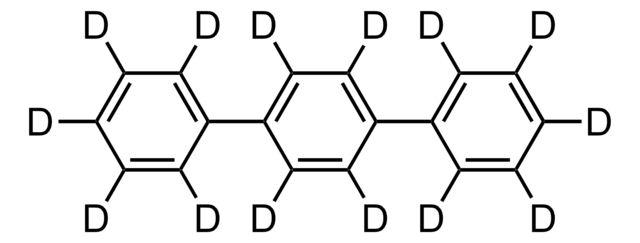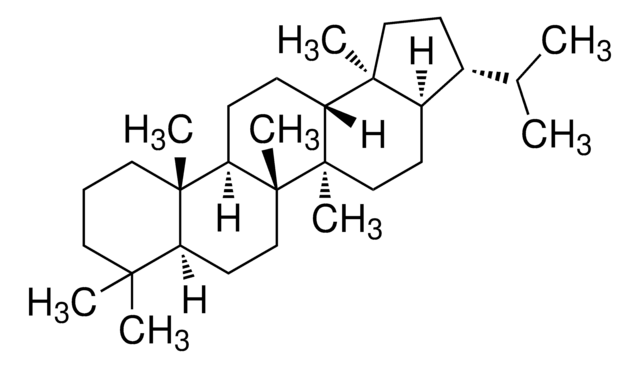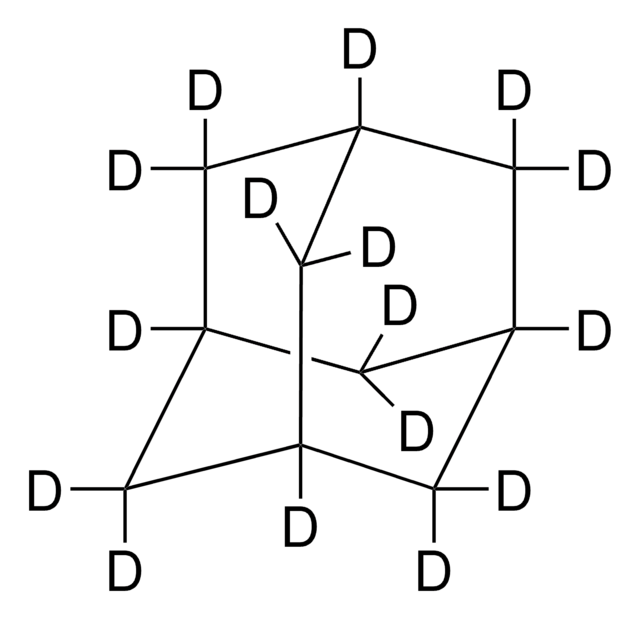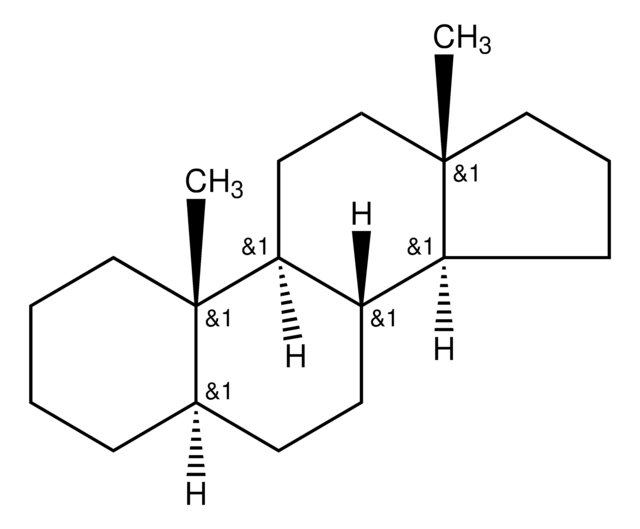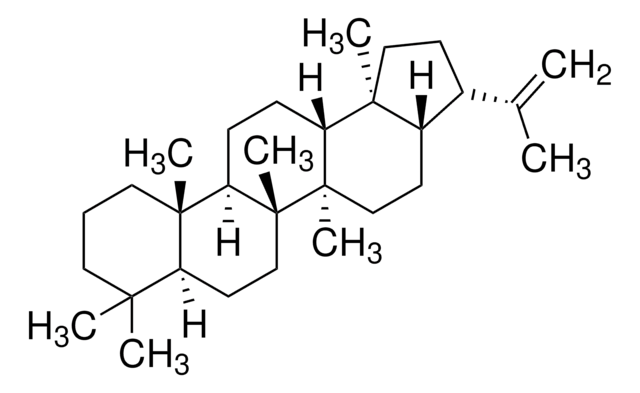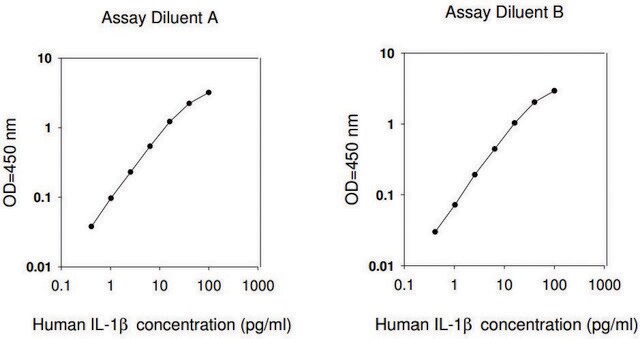07562
17β(H),21β(H)-Hopane solution
0.1 mg/mL in isooctane, analytical standard
Synonym(s):
A′-Neogammacerane
About This Item
Recommended Products
grade
analytical standard
Quality Level
shelf life
limited shelf life, expiry date on the label
concentration
0.1 mg/mL in isooctane
application(s)
food and beverages
format
single component solution
storage temp.
−20°C
SMILES string
[H][C@@]12CC[C@]3(C)[C@]([H])(CC[C@]4([H])[C@@]5(C)CCCC(C)(C)[C@]5([H])CC[C@@]34C)[C@@]1(C)CC[C@@H]2C(C)C
InChI
1S/C30H52/c1-20(2)21-12-17-27(5)22(21)13-18-29(7)24(27)10-11-25-28(6)16-9-15-26(3,4)23(28)14-19-30(25,29)8/h20-25H,9-19H2,1-8H3/t21-,22+,23+,24-,25-,27+,28+,29-,30-/m1/s1
InChI key
ZRLNBWWGLOPJIC-PYQRSULMSA-N
General description
Application
Signal Word
Danger
Hazard Statements
Precautionary Statements
Hazard Classifications
Aquatic Acute 1 - Aquatic Chronic 1 - Asp. Tox. 1 - Flam. Liq. 2 - Skin Irrit. 2 - STOT SE 3
Target Organs
Central nervous system
Storage Class Code
3 - Flammable liquids
WGK
WGK 2
Flash Point(F)
10.4 °F - closed cup
Flash Point(C)
-12 °C - closed cup
Personal Protective Equipment
Choose from one of the most recent versions:
Certificates of Analysis (COA)
Sorry, we don't have COAs for this product available online at this time.
If you need assistance, please contact Customer Support.
Already Own This Product?
Find documentation for the products that you have recently purchased in the Document Library.
Articles
We provide high-quality, relevant hopane reference standards to be used as biomarkers for petrochemical oil field remediation and spill analysis.
Our team of scientists has experience in all areas of research including Life Science, Material Science, Chemical Synthesis, Chromatography, Analytical and many others.
Contact Technical Service